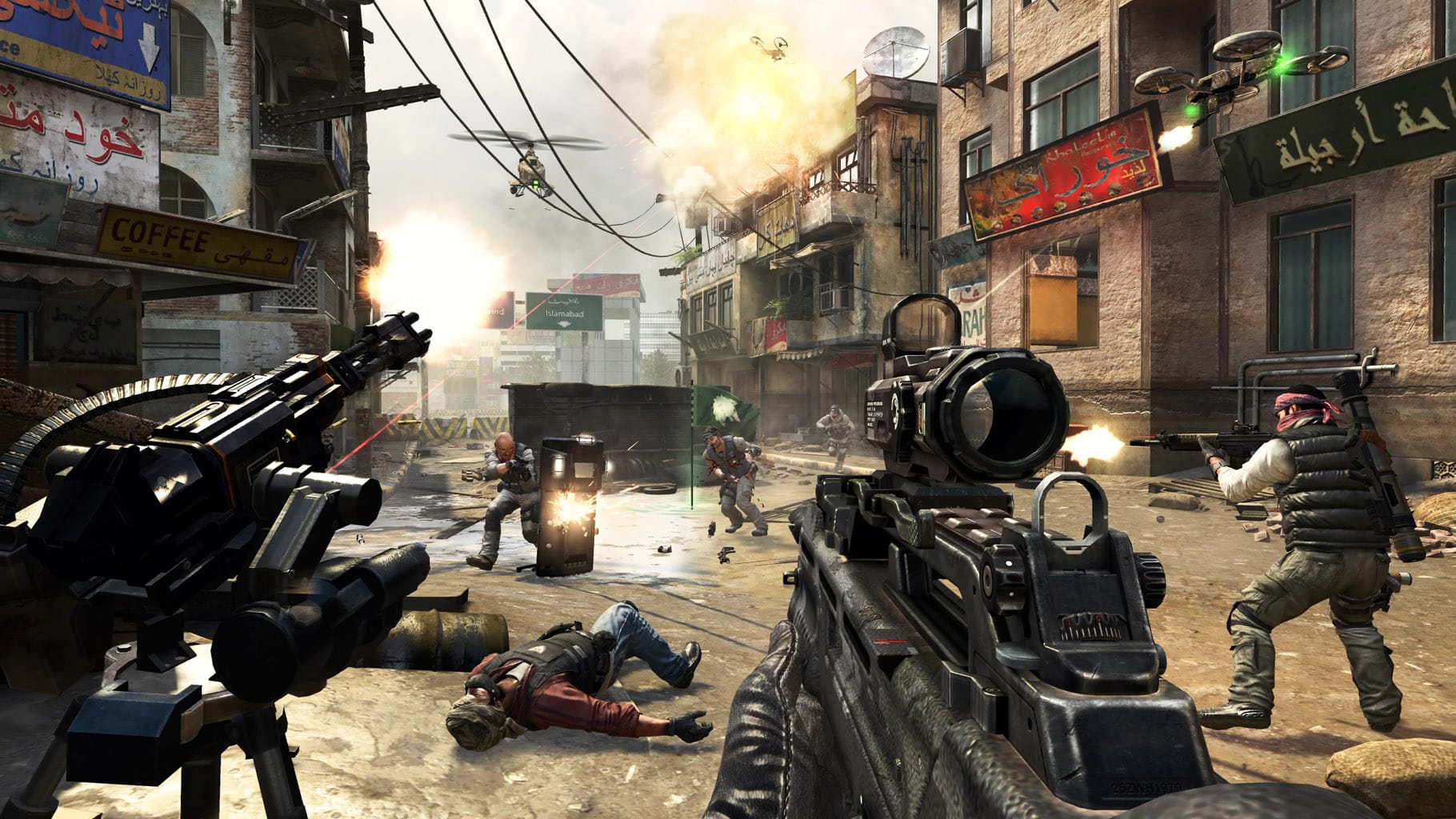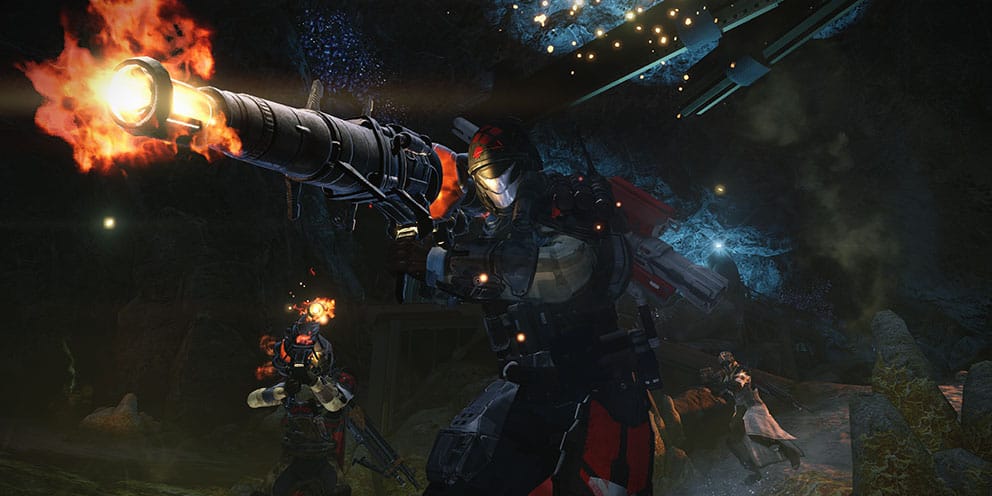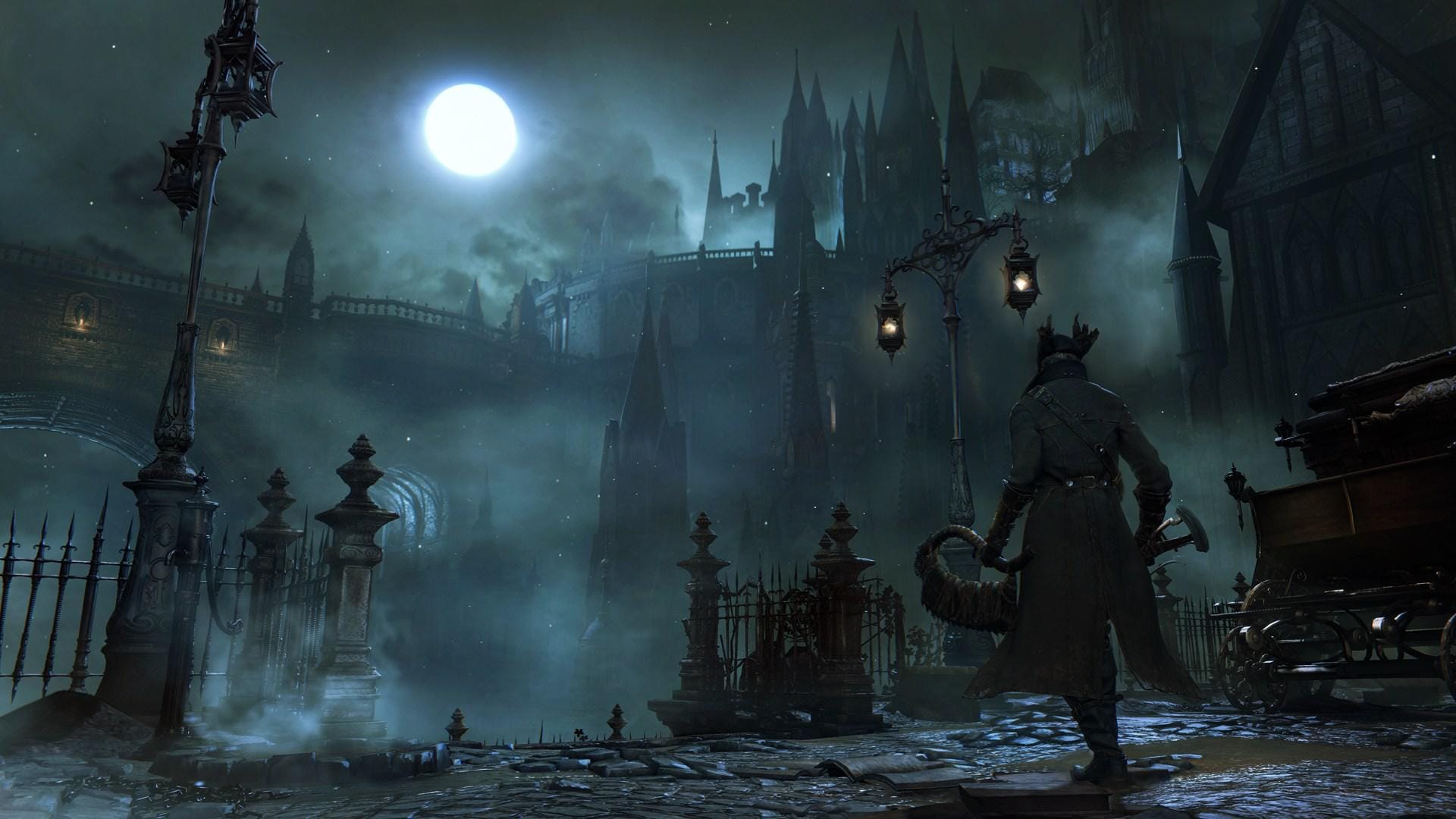The economics of Bloodborne; or, why you keep clocking into Destiny

Games have long drawn from capitalist ideologies. For instance, the game on which Monopoly was based, The Landlord’s Game, was invented in 1903 by Elizabeth Magie Phillips as a form of protest against monopolists who sought to control the housing market. But in the long history of game development, I consider a little shooter released in 2007 by Infinity Ward to be the game which had the most influence on how the medium would handle remuneration, commitment, and workload.

In introducing its repeatable, role-playing game-style experience system, Call of Duty 4 popularized a new trend for incentivized repetitive play. Experience and leveling systems weren’t a foreign idea in videogames at the time, but generally speaking those kinds of systems made sense in the context of their games: leveling was tied to the growth of your character, unlocking new skills and abilities, etc. In Call of Duty 4’s multiplayer, new scopes and weapons unlocked as you played (not necessarily awarded for good play but rather on a basis of time invested). Upon reaching maximum level you were given the opportunity to “prestige,” which entailed losing all of your unlocks and trading them for a new emblem which showed your dedication to headshots, to perfectly cooked grenades, and above all else, your dedication to your work: playing COD4.
Among some other jolly aspects of modern work, this capitalist idea of invested time as a currency is prevalent in two of this year’s biggest games: Destiny and Bloodborne. But while Bloodborne is actually quite interesting in its mirroring of capitalist forms of governance, Destiny takes everything that’s wrong with labor in modern capitalism and tries to wrap the warm embrace of a shooter around it.
play sessions become work sessions
Destiny has a lot of heart, but it is so bogged down with different currencies and the accumulation of different types of reputation and experience that the act of organizing what to prioritize next feels like work in itself (it earned the nickname “Spreadsheets in Space” among my raid crew). For new players, progressing beyond the main story is a process shrouded in confusion that requires genuine research to penetrate. For endgame players, the chance to attain new “exotic weapons” becomes the only reason for continued repetitive dispatches into the game’s raids and strikes. These exotic chances are limited though; once you’ve gambled, the opportunity is locked away until the next weekly refresh. The weekly refresh structure ultimately leads to play sessions becoming work sessions: you must clock in and work until you’ve earned your weekly salary of marks, materials, and possible exotic weaponry. (I can’t help but think that us guardians should unionise and demand overtime for repeating a Nightfall in the same week.)

Destiny caught a lot of flak upon the release of its first expansion The Dark Below last December. Destiny had already felt like a game designed as a perfect analogue to the calculated working life of the modern neoliberal subject, but with The Dark Below, Bungie got it so wrong that what originally felt like fun mindless work, began to feel like tedious work (as chronicled here). With House of Wolves, the developers took accountability for bad decisions (The commendation system? Honestly?); but in correcting The Dark Below’s issues of re-leveling exotics, and introducing frustrating new materials, they also managed to set up two new reputation grinds and a new quasi-currency in the Prison of Elders’ treasure keys.
What’s most interesting about House of Wolves is that after completing all that The Dark Below had to offer them the player-base dwindled, but it was not the introduction of new things to do which necessarily drew them back, rather the introduction of a fairer system of acquiring those new things and higher levels. The philosopher Maurizio Lazzarato talks in his book “Government of Inequalities” about how neoliberal logic does not want to reduce inequality, but rather attempts to establish “a tolerable balance […] between different normalities: the normality of poverty, of precarity, and the normality of wealth.” As Destiny’s developers, the job of Bungie is quite like that of a governing political body: What Lazzarato describes above as the balancing of different normalities in our lived economy by neoliberal governments, is quite like the balancing of drop-rates in a loot-centric game by its developers. The key is to land in the sweet spot which offers just enough and not enough simultaneously.
Bloodborne puts risk at the center of its design
While risk in Destiny largely relates to gambling on loot tables and dodging the occasional gorgon, Bloodborne (and the Souls franchise from which it spawned) puts risk at the center of its design in a really intelligent way. Isabell Lorey describes precarisation—the process that seeks to make workers’ lives more precarious—as a political-economic instrument which is focused on “[the] dismantling and remodelling of collective safeguarding systems” such as welfare, education, and health. “Current modes of production and living,” writes Paolo Virno, “are based on political virtuosity—on the art of the possible and dealing with the unforeseen, with insecurity and risk.” Precarisation is central to the Souls ethos; removing the modern norms of constant checkpoints and health regeneration, Bloodborne forces you to overcome risk after risk.

Like Destiny, Bloodborne is a game about time investment, but explores it in an entirely different way. In Bloodborne, the character levels up and purchases new equipment using blood echoes, a currency gained from defeating foes. In order to utilize this currency, players must make it to the next checkpoint in order to teleport back to the Hunter’s Dream. Progression is not locked behind a weekly quota; the opportunity is there in front of you if you are willing to push forward, try, fail, learn, and so on. It won’t be easy to make it through, but what is, nowadays?
games are catering for shorter play sessions
It’s interesting, in this light, to note the resurgence of roguelike games. These games offer transient experiences occurring over often short play sessions. As we see people needing to work more jobs at longer hours to survive, it makes sense that games are catering for shorter sessions. Capitalist systems are further infiltrating every corner of our lives, so it’s not surprising that the lines between developer, player, and game character are becoming blurred into one big precarious mess.



